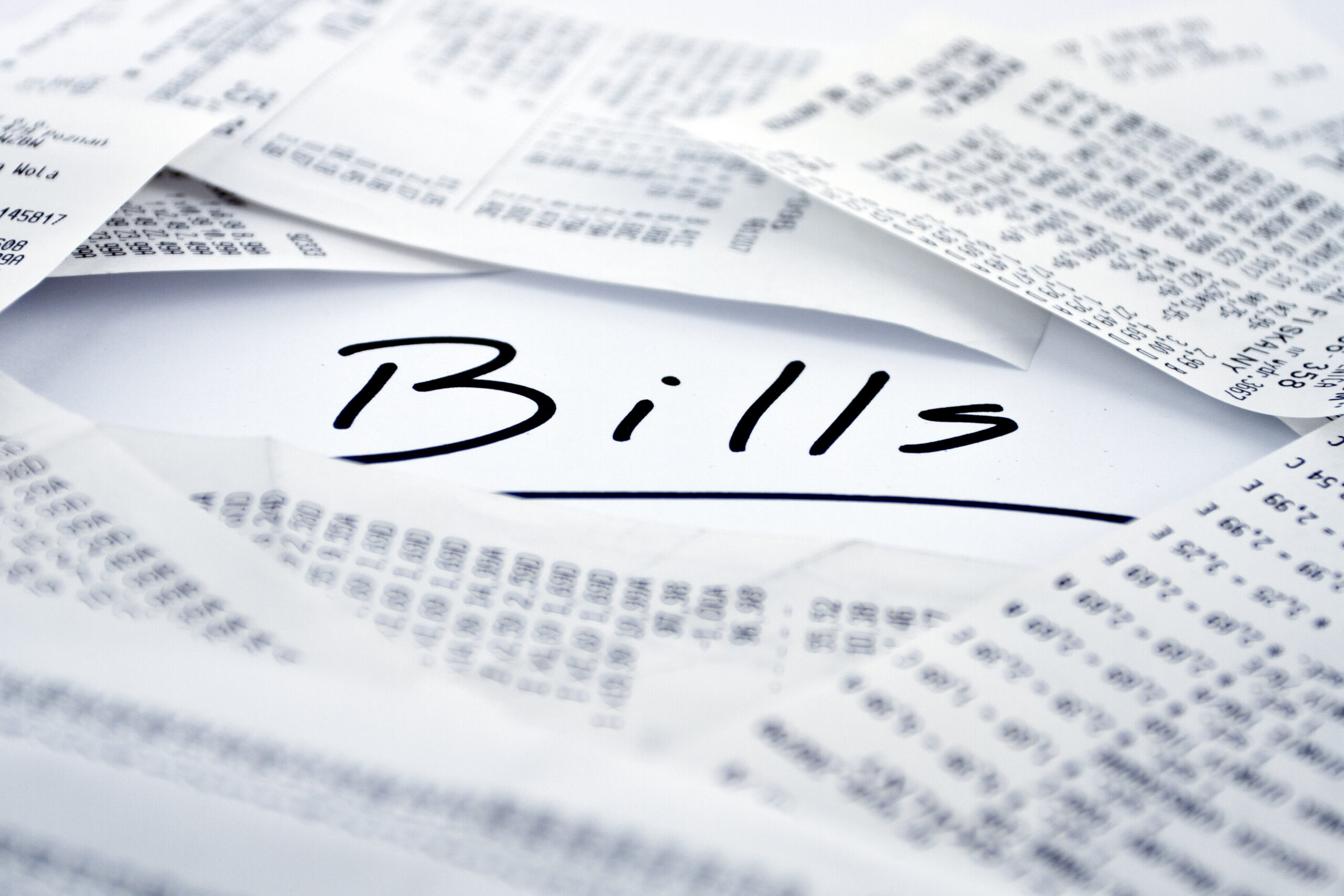Do I Qualify For Unemployment If I’ve Been Furloughed Because of the Coronavirus?

Apr 03 | 2020

A record number of Americans have applied for unemployment benefits in the wake of the coronavirus pandemic. So many, in fact, that there has been a 3000% jump in jobless claims since early March. Unfortunately, the situation is likely to only get worse. According to Citi economist Andrew Hollenhorst, “Further job loss expected in coming weeks is very likely to push unemployment above 10%, even taking account of a potentially steep decline in the labor force participation rate, as some displaced workers are neither furloughed nor looking for work.”
Of course, if you’ve been outright fired from your job, you can at least take comfort in the fact that you face a relatively straightforward process for applying for unemployment. But what if you’ve been furloughed? What do you do now?
What is a furlough?
Furloughs have become increasingly common as the pandemic has continued to devastate the American job market. In short, a furlough is when an employee is put on an unpaid leave from work for an indefinite amount of time. According to the Office for Personnel Management, there are two types of furlough:
“An administrative furlough is a planned event by an agency which is designed to absorb reductions necessitated by downsizing, reduced funding, lack of work, or any budget situation other than a lapse in appropriations. Furloughs that would potentially result from sequestration would generally be considered administrative furloughs.”
“A shutdown furlough (also called an emergency furlough) occurs when there is a lapse in appropriations, and can occur at the beginning of a fiscal year, if no funds have been appropriated for that year, or upon expiration of a continuing resolution, if a new continuing resolution or appropriations law is not passed. In a shutdown furlough, an affected agency would have to shut down any activities funded by annual appropriations that are not accepted by law. Typically, an agency will have very little to no lead time to plan and implement a shutdown furlough.”
A furlough is, by its nature, temporary, but that doesn’t mean that you can count on getting your job back. Many private and public companies have furloughed employees as a cost-saving measure in hopes of weathering the economic turmoil of COVID-19 and hiring back furloughed employees as soon as possible, but as economies grind to a halt across the world, it becomes more and more likely that furlough will turn to permanent termination for many workers. As Jie Feng, an assistant professor in the Rutgers School of Management and Labor Relations told the Society for Human Resource Management, “Unlike layoffs, furloughs reduce labor costs without adding new costs such as severance packages and outplacement services.” That means that, unfortunately, your company may just be putting off termination in order to avoid the costs associated with it.
While you likely still have healthcare as a furloughed employee, its not a guarantee, so it’s worth verifying with your specific company what benefits you retain during your leave.
Do I qualify for unemployment if I’ve been furloughed?
While you wait to see how long your furlough lasts, you can at least take comfort in knowing that you probably qualify for unemployment benefits, particularly as they’ve been expanded under the $2 trillion coronavirus relief package. Usually, it wouldn’t be a guarantee that furloughed workers would qualify for unemployment (it depends on the state you live in) but thanks to the new relief packaged, anyone who was furloughed due to the coronavirus outbreak qualifies for unemployment insurance. Additionally, unlike filing for unemployment because you’ve lost your job, furloughed employees do not have to prove they lost their jobs. Keep in mind that if you’re on paid leave or are able to work from home, you won’t qualify for the updated unemployment benefits.
According to CNET, you are likely eligible for additional unemployment under the new package if: “you’re a part-time or self-employed worker, as well as if you’re already unemployed or can’t work because of COVID-19.”
You are also eligible if:
- You were set to start a new job and can’t because of the outbreak
- You collect veteran or Social Security benefits
- Your job closed due to the coronavirus (for instance, restaurants or businesses deemed “nonessential”)
- You’re not working because you have to care for children or other family members who would otherwise attend school or another facility
So, how much money will I get?
While the total sum of the unemployment money you receive will depend on your state’s unemployment plan, the new federal relief package will give you an extra $600 a week on top of whatever you get through your state. It will also cover you for an extra 13 weeks in addition to whatever amount of time your state unemployment program covers. Most states’ unemployment benefits are upwards of 26 weeks, meaning you’re likely to be covered for around 39 weeks. How much money you’ll receive is entirely dependent on your state, for example, California residents get $450 a week so the extra $600 would put their weekly benefits at more than $1,000, but Florida residents get a max of $275 per week, putting their total unemployment at a maximum amount of $875.
How do I apply?
There is no way to apply for unemployment via the federal government, so you’ll have to find the specific process for your state. Luckily, you can apply immediately. You used to have to wait at least a week to receive benefits, but thanks to the stimulus package you can now expect a more immediate turnaround time. While some states have waived the waiting period, others might still have one implemented. To find out what your state’s unemployment program looks like, refer to the table on this site or select your state on this page.
- You were set to start a new job and can't because of the outbreak
- You collect veteran or Social Security benefits
- Your job closed due to the coronavirus (for instance, restaurants or businesses deemed "nonessential")
- You're not working because you have to care for children or other family members who would otherwise attend school or another facility
So, how much money will I get?
While the total sum of the unemployment money you receive will depend on your state's unemployment plan, the new federal relief package will give you an extra $600 a week on top of whatever you get through your state. It will also cover you for an extra 13 weeks in addition to whatever amount of time your state unemployment program covers. Most states' unemployment benefits are upwards of 26 weeks, meaning you're likely to be covered for around 39 weeks. How much money you'll receive is entirely dependent on your state, for example, California residents get $450 a week so the extra $600 would put their weekly benefits at more than $1,000, but Florida residents get a max of $275 per week, putting their total unemployment at a maximum amount of $875.
How do I apply?
There is no way to apply for unemployment via the federal government, so you'll have to find the specific process for your state. Luckily, you can apply immediately. You used to have to wait at least a week to receive benefits, but thanks to the stimulus package you can now expect a more immediate turnaround time. While some states have waived the waiting period, others might still have one implemented. To find out what your state's unemployment program looks like, refer to the table on this site or select your state on this page.










